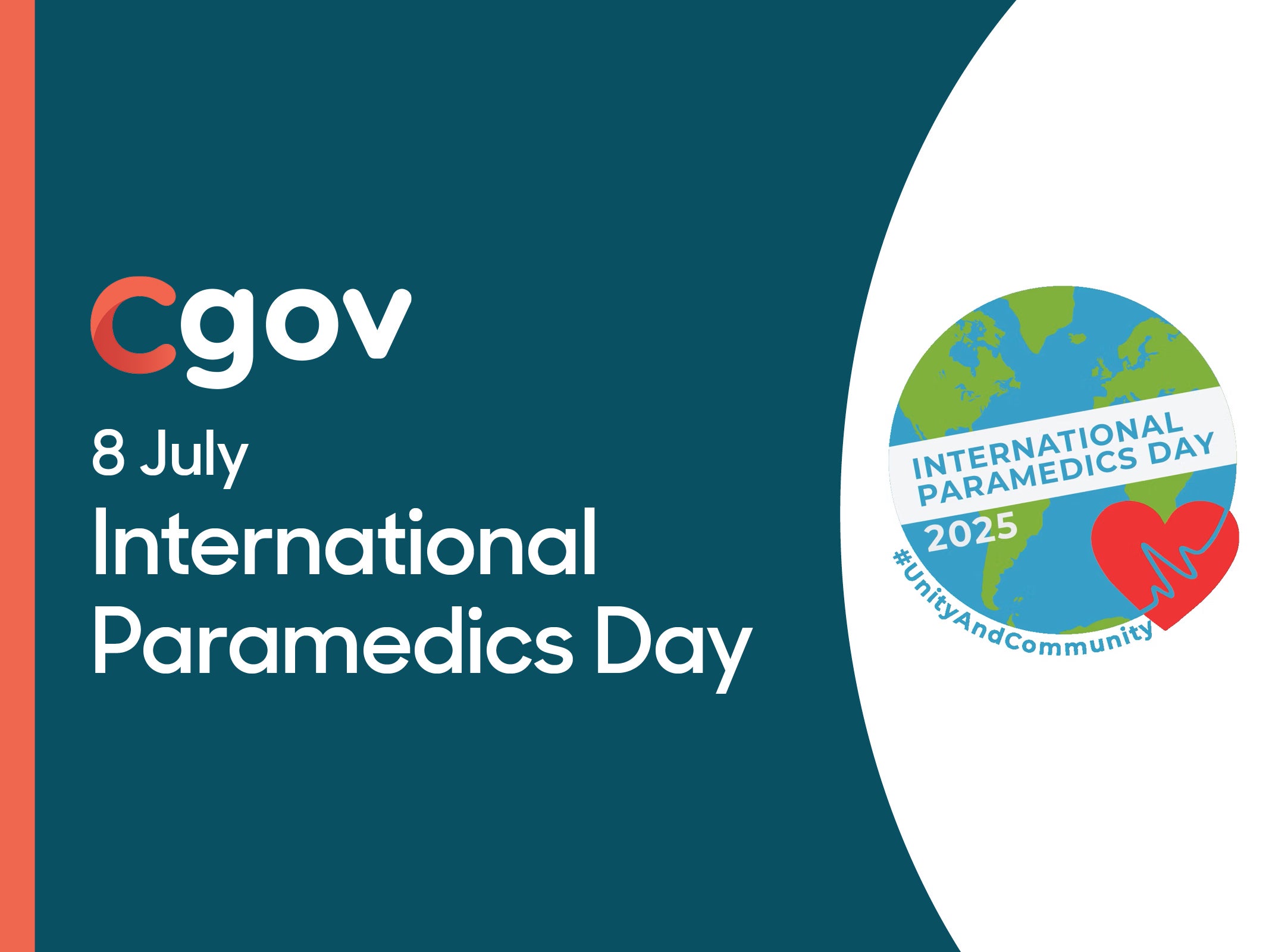
Honouring paramedics and first responders: Serving communities across Australasia
Monday, 7 July 2025
On 8 July, healthcare organisations and communities across the world come together to mark International Paramedics Day, recognising the essential work of paramedics and first responders. These professionals are often the first point of contact in a medical crisis, delivering life-saving care in unpredictable and high-pressure environments. From roadside trauma scenes to remote community clinics, industrial sites, and even the skies, paramedics operate where structured healthcare often cannot reach in time.
In Australasia, the celebration carries a special weight. With over 23,000 registered paramedics and more than 11,000 trained volunteer first responders across Australia, New Zealand, and Papua New Guinea, these individuals form the backbone of emergency medical response1.This year’s regional theme, “Serving Communities Across Australasia,” highlights their broad reach and profound impact, often in places and moments that matter most.
A legacy of lifesaving innovation
International Paramedics Day is held on the birthday of Dominique-Jean Larrey, a French military surgeon from the Napoleonic era. He is remembered as the “father of modern ambulance services,” pioneering the use of dedicated ambulances and introducing early triage systems that revolutionised battlefield medicine. His legacy lives on in every paramedic vehicle, flight response crew, and community first aid program across the globe.
While healthcare has come a long way since Larrey’s time, the core mission remains unchanged: to respond quickly, treat effectively, and bring people to safety. Paramedics embody that mission daily, often at great personal risk, in settings that demand sharp decision-making, teamwork, and deep clinical expertise.
The expanding scope of paramedicine
Paramedics today serve far beyond the traditional ambulance setting. Their roles now include:
- Community-based outreach, delivering preventive and urgent care in rural or underserved areas.
- Flight paramedicine, offering critical care during air transfers.
- Industrial and mining operations, where they manage onsite medical incidents.
- Defence and humanitarian missions, working under extreme conditions.
- Event-based response teams, ensuring public safety at large-scale gatherings.
Each of these roles demands not only clinical skill but also strong coordination, communication, and system-based thinking. Paramedics must seamlessly interface with hospitals, general practitioners, and public health networks while maintaining a high standard of care, often with limited time and resources.
Supporting the backbone of emergency care
As the role of paramedics has expanded, their organisations need strong clinical governance, safety protocols, and operational support. In response, Australia has introduced dedicated standards for the sector, such as the NSQHS Standards Guide for Ambulance Health Services. This guide outlines how ambulance organisations can maintain national safety and quality benchmarks, covering areas such as:
- Clinical governance and leadership
- Partnering with consumers
- Medication safety and infection control
- Comprehensive care for patients in transit
- Effective handover and clinical communication
- A workplace culture of continuous improvement
Meeting these standards is no small task, especially for services operating in decentralised, high-mobility, or resource-limited environments. For ambulance leaders and administrators, there is growing pressure to streamline compliance, improve safety, and reduce risk, without adding to the frontline workload.
How Cgov helps paramedics deliver safer, smarter care
At Cgov, we believe that those who serve the community deserve tools that serve them in return. Our configurable, no-code solutions are designed to support ambulance organisations in embedding safety, clinical governance, and quality assurance into daily operations, without complexity or high cost.
Here’s how Cgov supports paramedic organisations:
- Credentialing Solution
- Quality Management Solutions (QMS)
- Staff Health Records Solution
All these solutions are built on a modular, scalable system that can be configured to the specific workflows, team structures, and operational needs of paramedic services.
This publication is not comprehensive and does not constitute legal or medical advice. You should seek legal or other professional advice before relying on any content and practice proper clinical decision making with regard to the individual circumstances. Persons implementing any recommendations contained in this publication must exercise their own independent skill or judgment or seek appropriate professional advice relevant to their own particular practice. Compliance with any recommendations will not in any way guarantee discharge of the duty of care owed to patients and others coming into contact with the health professional or practice. Avant and Cgov are not responsible to you or anyone else for any loss suffered in connection with the use of this information. Information is only current at the date initially published. © Avant Mutual Group Limited 2025.



